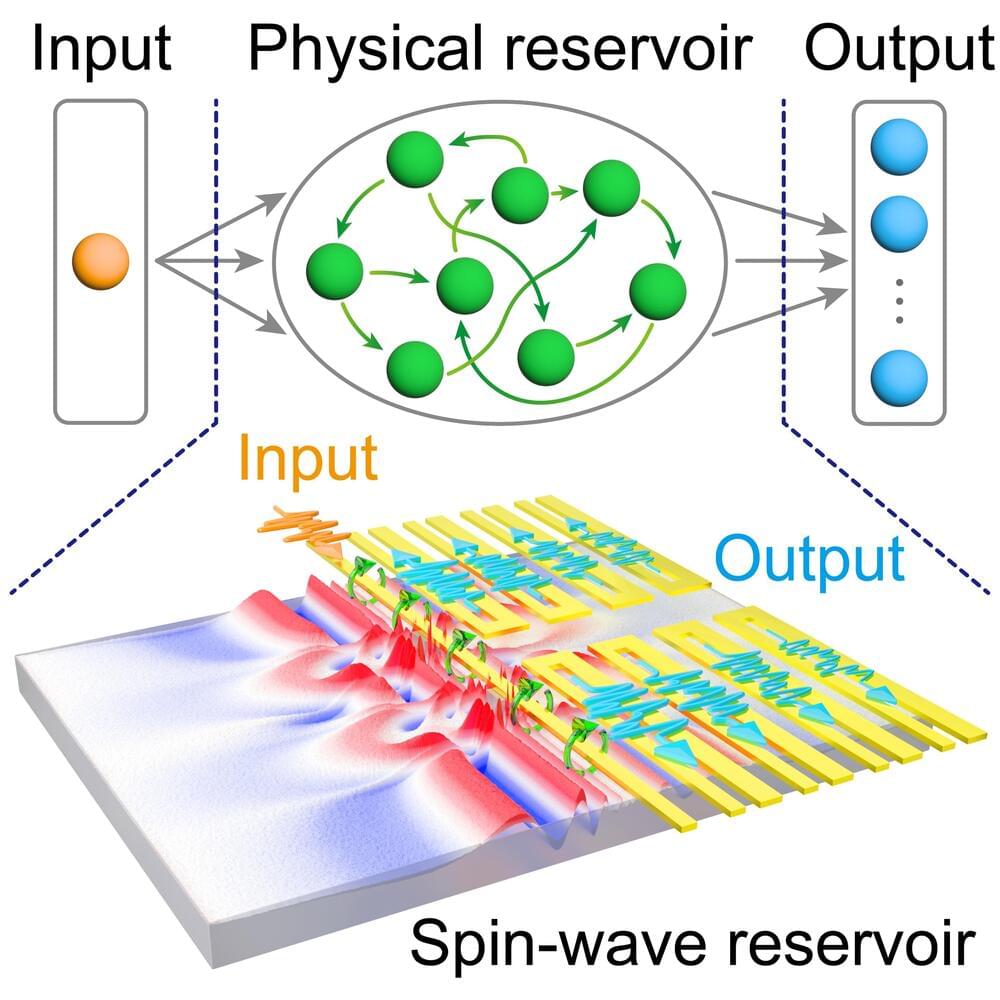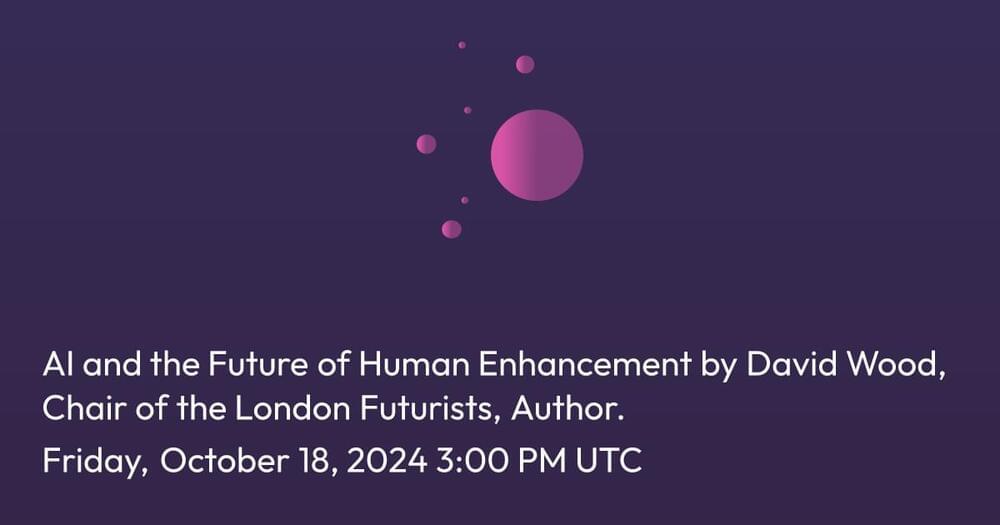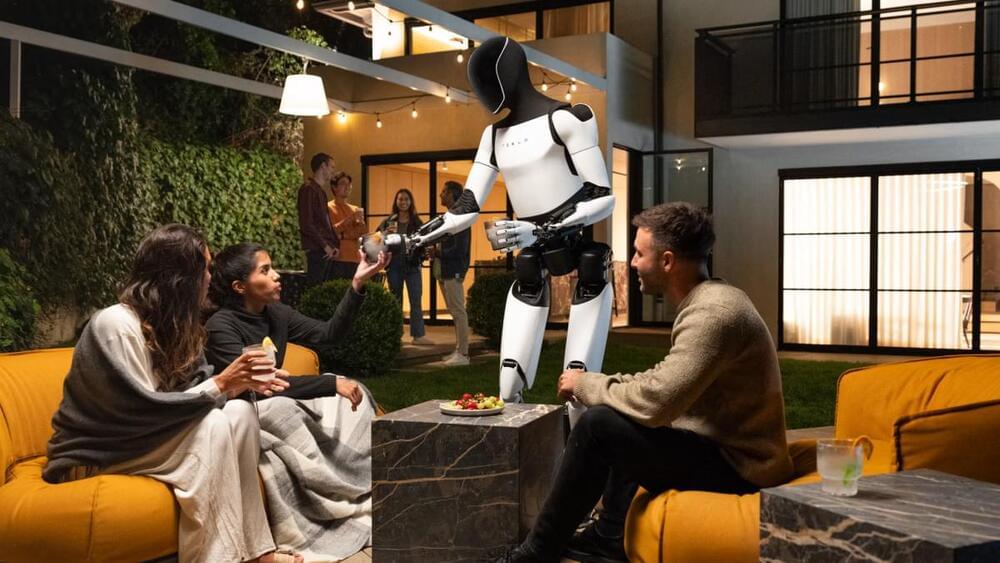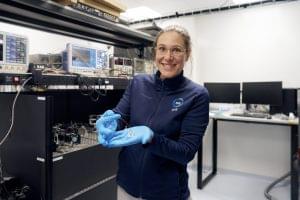AI expert Melanie Mitchell shares her take on artificial intelligence—especially what it means to be “intelligent” to begin with.
Sign up for our newsletter, coming soon ► https://linktr.ee/abundance.institute.
Dr. Melanie Mitchell, a leading expert in artificial intelligence, examines the mounting fears surrounding AI, especially as these systems achieve increasingly human-like conversational abilities. She warns that these fears, if unchecked, could lead to overregulation and reduced transparency, making AI less safe and beneficial in the long run.
Mitchell explains that true intelligence, including human intelligence, involves social awareness and understanding the broader impact of actions—capabilities current AI doesn’t have. According to Mitchell, the idea of a superintelligent AI pursuing harmful goals is unrealistic; AI’s capabilities, she says, are still very far from this scenario.
Mitchell also introduces \.






